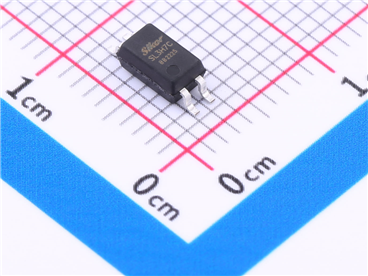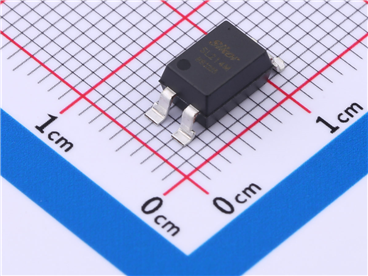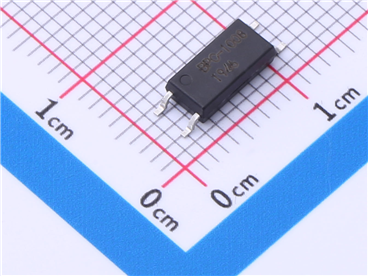However, this has also led to new questions: Is it a copyright infringement to use someone else's copy to create a Sora-style animated video? Whose copyright does the generated video belong to?
"Completely new creations are not considered infringement, but there may be risks in reproducing specific scenes."
Regarding the copyright issues related to using Sora-generated videos, Zhao Zhanling, a lawyer at Beijing Jiawei Law Firm, stated in an interview with China News Service that the key issue lies in whether the generated video is consistent or similar to the original copy, novel, or other written content. If the video is generated based on the content of a novel, it would essentially constitute infringement. "This is similar in nature to adapting a novel into a film or television series, infringing on adaptation rights."

OpenAI website screenshots
Professor Shen Yang from the School of Journalism and Communication at Tsinghua University, in an interview with China News Finance, stated that based on the current situation, it is generally difficult to tell which images the video is composed of unless users specify to redraw it based on scenes from "Interstellar," which could potentially raise copyright issues; however, if it is entirely new creation, there typically wouldn't be copyright problems.
Some opinions suggest that using AI technology to create literary-themed videos can be considered as secondary creation. In recent years, the topic of re-creating short videos has gained attention, and some video platforms have explored collaboration mechanisms for such content.
For instance, in 2022, Douyin partnered with Sohu to obtain authorization for the secondary creation of all Sohu's self-produced films and TV shows, allowing users on Douyin to re-edit, rearrange, or adapt these works. Similarly, that year, Kuaishou announced a collaboration with LeTV Video.
Can AI-generated videos of "Journey to the West" avoid infringement?
In another scenario, if the generated video clearly reveals its sources from literary works, such as recent reports on the stunning effects of using AI to create videos themed around "Journey to the West," would this constitute infringement?
According to the Copyright Law of the People's Republic of China, the protection period for the rights of publication and other specified rights of natural person works lasts for the lifetime of the author plus fifty years after their death, until December 31 of the fiftieth year after the author's death.
As the author of "Journey to the West" passed away more than fifty years ago, using the work for creations like "Sora" would not infringe copyright. Legal experts interviewed by China News previously also emphasized that during the protection period of the original work, consent from the copyright owner is required; beyond this period, the work enters the public domain, allowing for unrestricted creative use.
Furthermore, the Copyright Law of the People's Republic of China stipulates that for works created through adaptations, translations, annotations, compilations, etc., of existing works for publishing, performance, or audio-visual production, permission must be obtained from the rights holders of the derivative work and the original work, along with payment of royalties.
However, while the creators of derivative works hold the copyright to their adaptations, translations, annotations, or compilations, they must not infringe upon the copyright of the original work when exercising these rights.
This situation may give rise to a business of selling ideas. As mentioned above, if copyright issues are clear, a business of selling innovative concepts could emerge. After all, literary-themed videos require the foundation of literary content and good ideas to produce high-quality videos.
Recently, Zhou Hongyi, the founder and chairman of 360, also stated that AI may not necessarily rapidly disrupt all industries, but it can inspire more creativity among people. The themes, scripts, storyboarding, dialogue coordination in videos all require human creativity, at the very least, prompting from humans.
However, many creative ideas are fragmented and highly susceptible to plagiarism. The jokes and copywriting that you painstakingly craft could easily be turned into a video by someone else using tools like Sora.
With the rapid development of new technologies, intellectual property rights construction in China is also accelerating.
In November 2023, the State Council Information Office held a regular policy briefing on accelerating the construction of a strong intellectual property country and effectively supporting innovation-driven development. They mentioned the need to adapt to the new characteristics of infringements and strengthen technological support. "Enhancing the construction of intellectual property informatization and intelligence infrastructure, reinforcing the application of information technologies such as the internet, artificial intelligence, and big data in the field of intellectual property examination and protection, promoting the integrated development and overall advancement of online and offline intellectual property protection."









